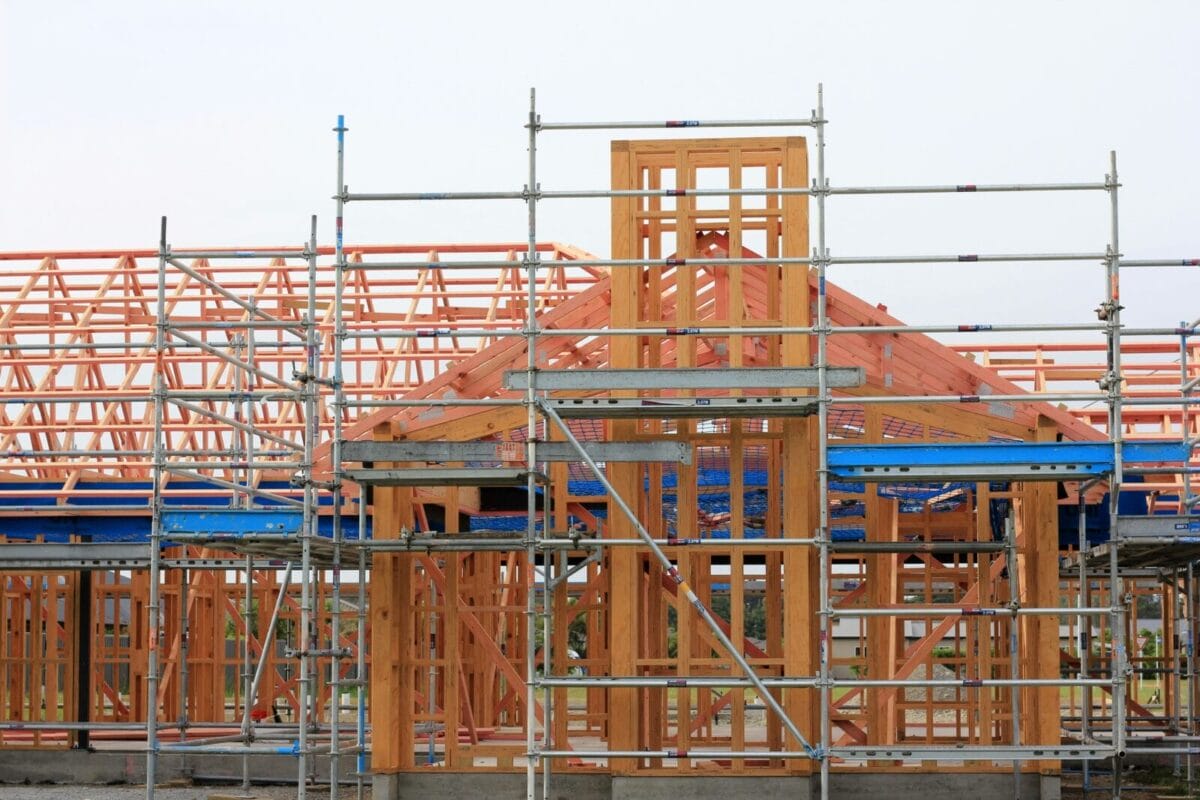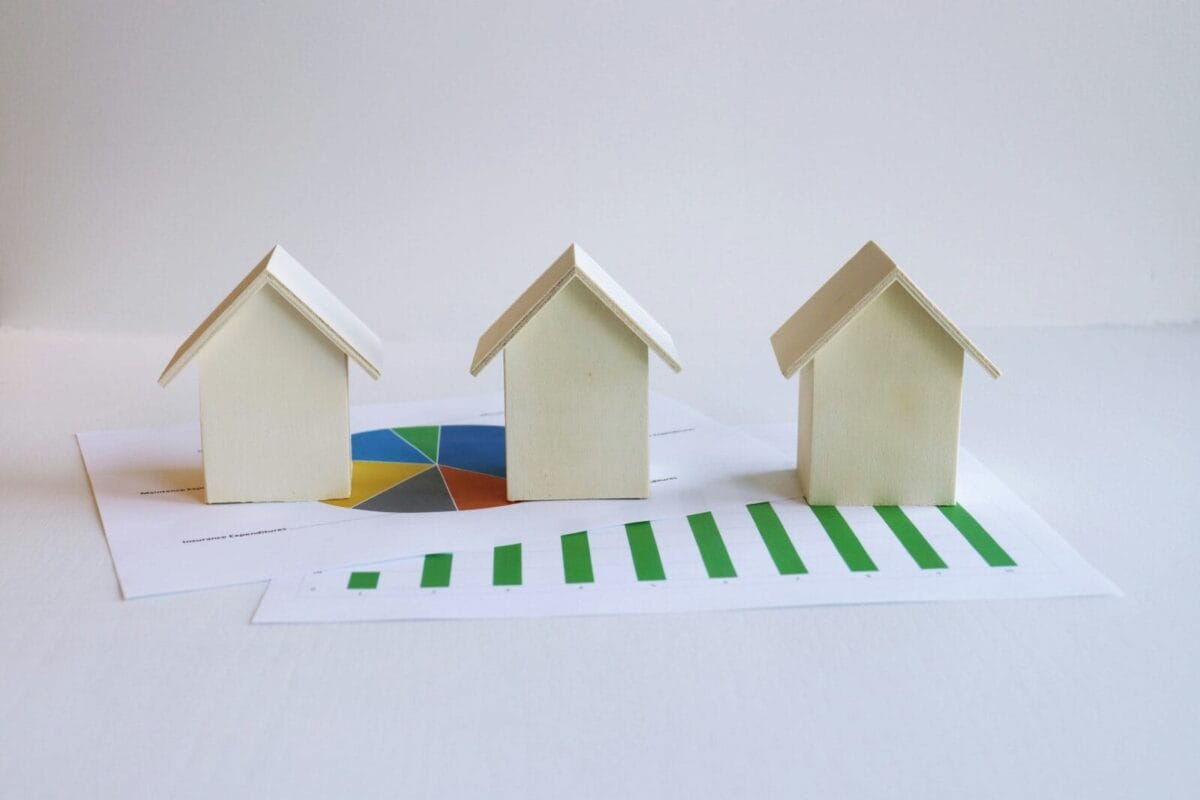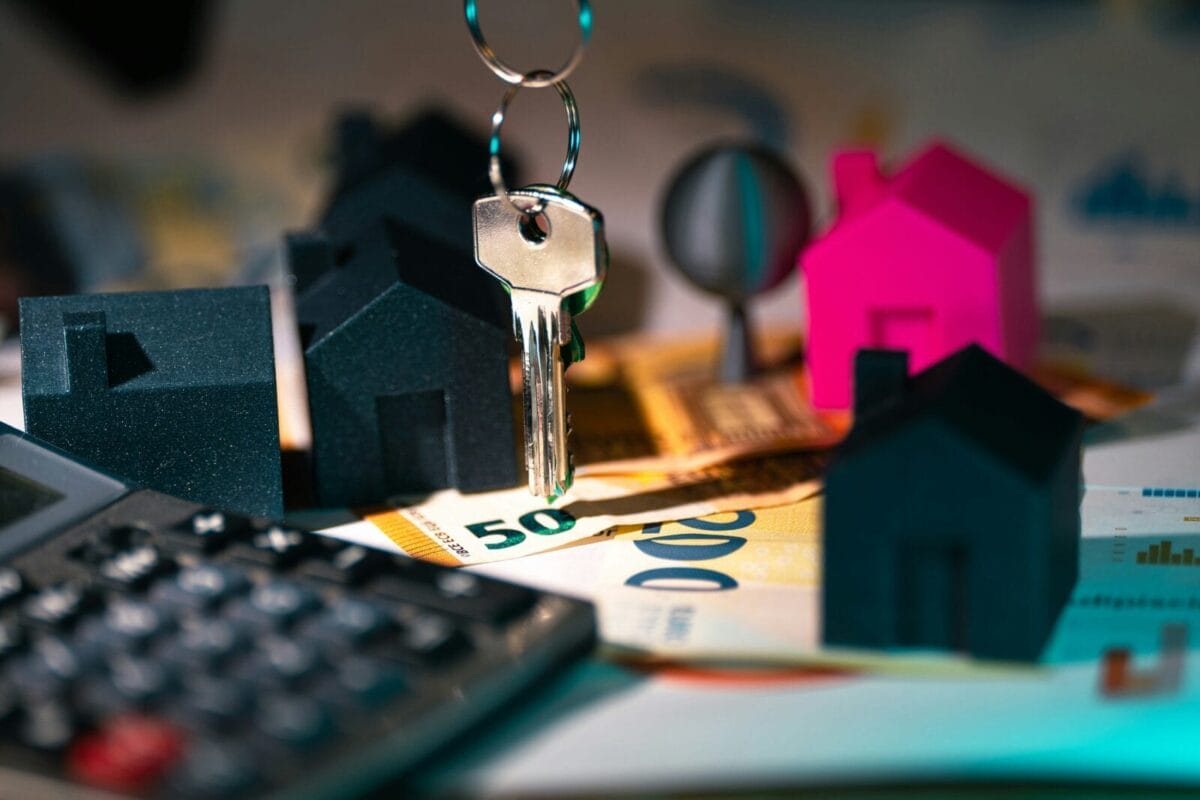Landfill tax is currently charged at two different rates, depending on the material being disposed of. In 2025:
- The standard rate is priced at £126.15 per tonne
- The lower rate is priced at £4.05 per tonne
The lower rate is for ‘inert or inactive waste’, which covers lots of building waste such as bricks, concrete, glass, and soil. Originally, the lower rate was applied to these materials as they don’t undergo any significant physical, chemical, or biological transformations and therefore are unlikely to produce harmful gases or leachate.
Why is the government proposing changes to landfill tax?
In April 2025, a government consultation proposed reforming landfill tax and moving to a single flat rate to simplify the system, reduce fraud, and better support environmental targets.
As part of the proposed reforms, the government plans to gradually increase the lower rate to match the higher rate. At the current pricing structure, this would mean an increase of over 3000% on inert or inactive waste.
Why is this an issue?
Many sectors have voiced concerns, but one industry that will be hit hard is construction. Currently, a large proportion of construction waste falls under the lower tier and thus receives a greatly reduced rate of landfill tax.
With landfill tax measured by weight, and with many building materials and construction waste being particularly heavy, this reform could lead to a substantial increase in costs for the industry.
This is a pressing issue given the UK’s housing shortage. Some estimates suggest that the UK has a backlog of 4.3 million homes, and the UK government’s current target is to build 300,000 homes a year1.
There are concerns that this could bring a halt to many construction projects or that builders will be forced to pass on the costs of the extra tax to consumers by raising prices.
What would the extra cost to build a new home be?
Currently, estimates suggest that the average new build results in waste costs of £690, owing to the lower landfill tax rate. However, if the changes to landfill tax were to go ahead, this could mean it surges to £24,820. That’s an enormous increase of £24,100.
The figure is based on the average new build home size of 92 m². It takes into account both construction material waste, which is typically between 15 and 30% of delivered materials, and also bulk excavation and inert soil generated when creating foundations and groundworks.
The calculations are based on all site waste moving to the proposed single standard rate, with an estimated increase to £146 per tonne in 2030.
How much could the 300,000 annual new build homes target now cost?
This means that if the government’s target of 300,000 new homes is met in the year 2030, it would cost £7,446,000,000 in landfill tax.
In comparison, estimates suggest this would be only £207,000,000 in 2025 under the current rate.
What do we suggest as a solution?
Currently, changes to the landfill tax remain in the consultation phase, meaning no formal decision has been made yet as the industry awaits the government’s decision.
If the change were to go ahead, the best way construction firms can reduce costs is to:
- Reduce waste at the source. Ensure all materials are accurately calculated at the ordering stage, and use careful and efficient planning for building materials.
- Reuse any materials where possible and find alternative uses for waste materials and offcuts, rather than sending these to landfill.
- Recycle any construction waste where possible. This may require better education on-site with clear labelling and signage to encourage recycling by construction workers.
Graham Matthews, construction waste expert at BusinessWaste.co.uk, comments:
“Any change that looks to divert waste away from landfill should be positive, but it’s hard to ignore the knock-on effect for the construction industry and the costs this may incur. The problem is difficult to navigate, with the UK facing both a housing shortage crisis and diminishing landfill capacity.
We believe that reducing waste in the first instance is always the best solution, and in our experience, we usually find that there are always opportunities to do this. Better planning, education, and using recycling streams are the most effective solutions.
Nevertheless, we appreciate costs will still increase, and it presents a unique challenge for the industry. If the reform goes ahead, builders may treat the increase as a permanent cost, which could ultimately be reflected in the prices paid by homebuyers.”















